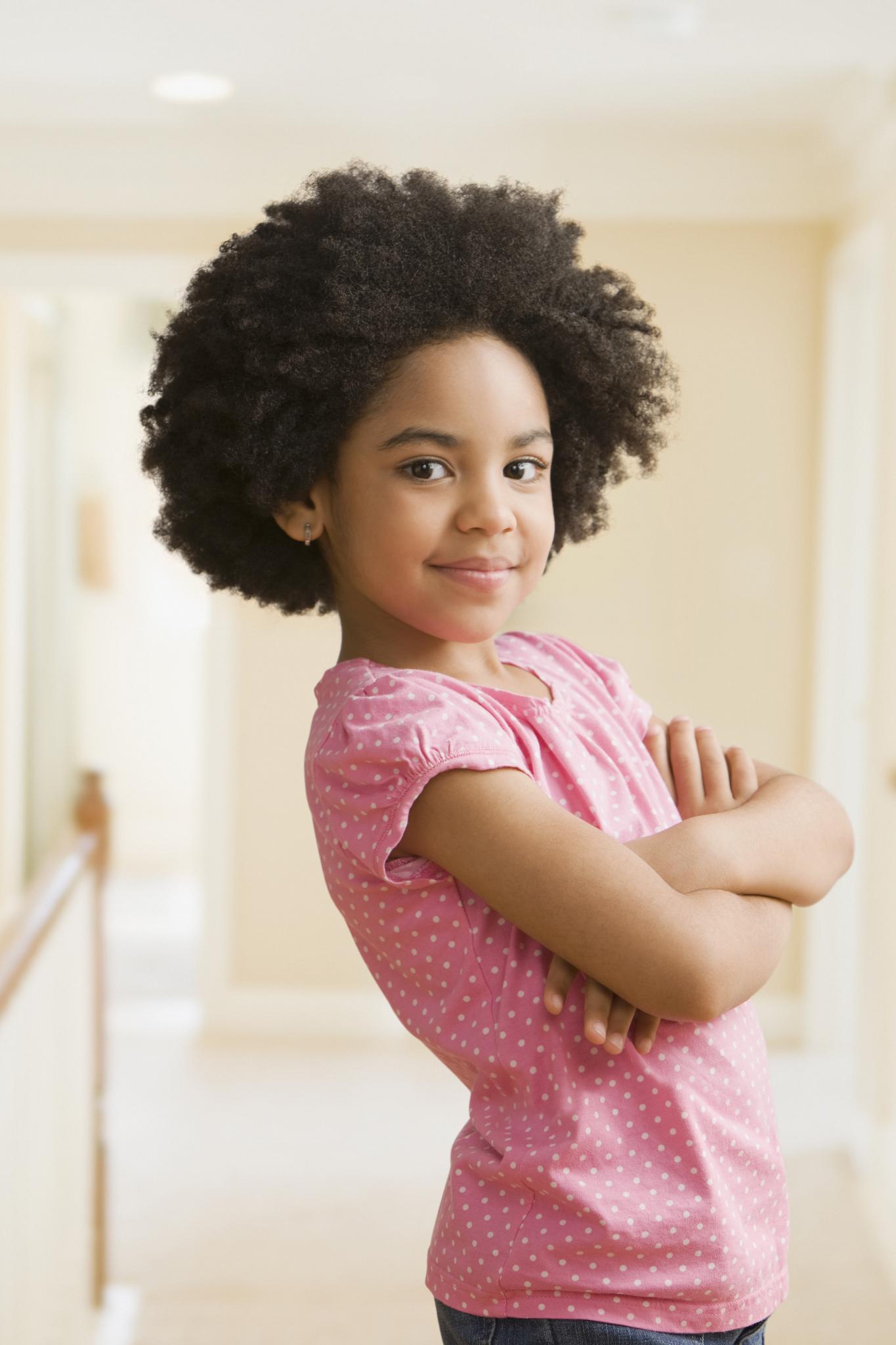
Looking back on my childhood, I can’t recall playing with Black dolls, especially those with natural hair. I probably only had one Black doll my entire childhood. I grew up in a small town in Mississippi and none of the stores carried Black dolls. If they did, there were only a few and they were gone before they hit the shelves. By the time the stores began to stock Black dolls, I was a preteen and my interests were boys and convincing my mom to allow me to shave my legs.
I didn’t realize until I was much older that I should have had dolls that looked like me: brown skin, fuller lips, wider nose and kinky hair. Only playing with White dolls warped my view of beauty. Barbie was beautiful, but she didn’t look like me. So what was I? These are thoughts that I could not articulate as a child but it undoubtedly affected my subconscious. The dolls only reinforced what society was teaching me. The closer to porcelain skin and blonde hair you were-the more beautiful you appeared.
When I reached high school, there were tons of Black dolls in department stores. My mother began to buy me a new Black doll each Christmas as a collectors item. They looked like me and that meant something.
RELATED: Why I Don’t Think It’s Wrong For a Teacher to ‘Fix’ a Child’s Hair
My future daughter will have dolls with natural hair. I want her to learn at an early age her beauty can stand up to her white counterparts. She will only be able to accept and embrace her natural hair and unique Black beauty if she sees favorable representations of it. I’ve heard many mothers say they have a difficult time convincing their daughters their natural hair is beautiful but the only dolls they possess have straight hair.
Eventually I will begin to give dolls of other races and ethnicities to her, but it’s important for her to realize she is a star-not the sidekick. We are all stars. Black women were never meant to be the sidekick. We were always stars and we must continue to let our light shine and ensure our daughters’ lights never dim.